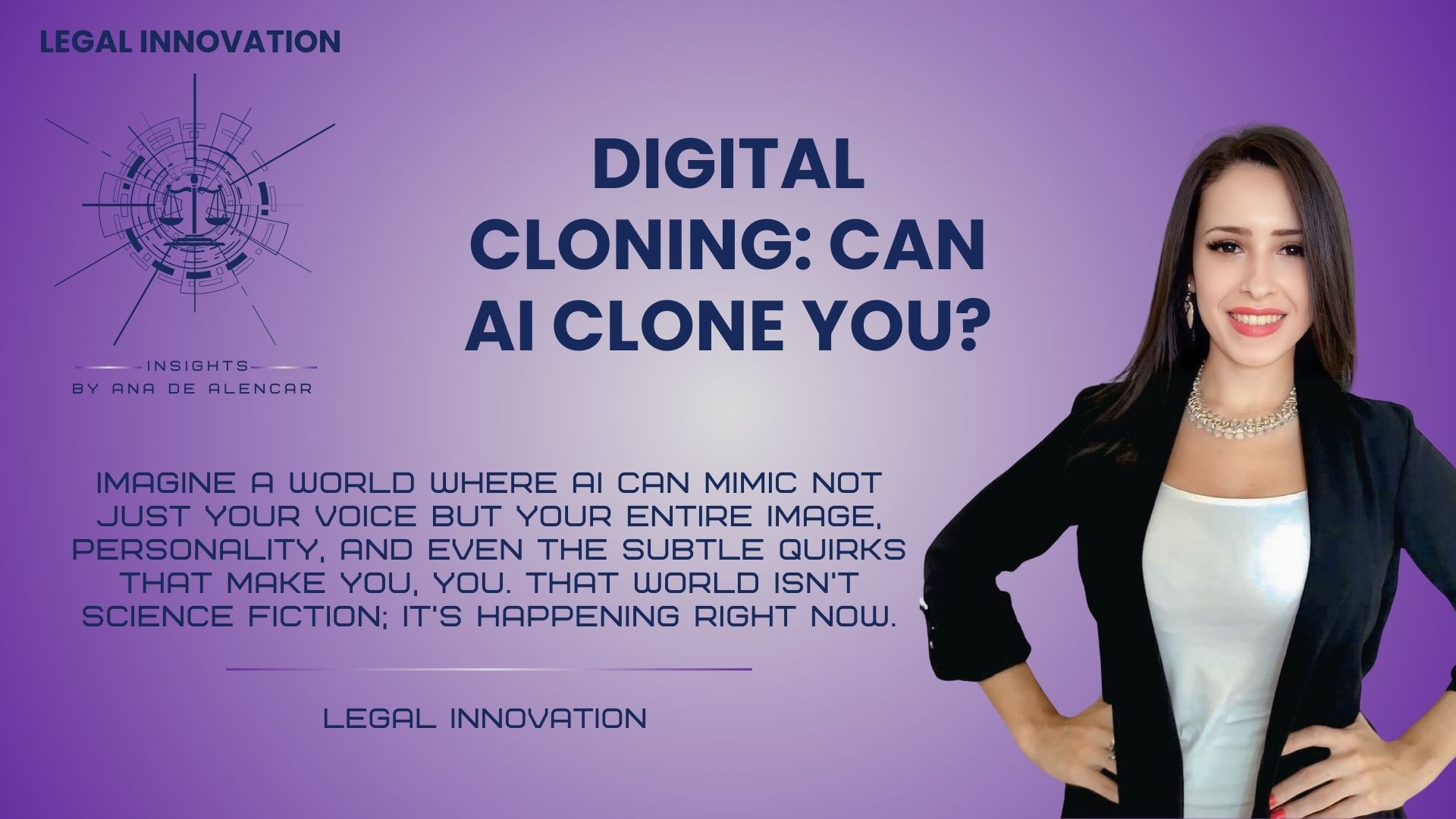Imagine a world where AI can mimic not just your voice but your entire image, personality, and even the subtle quirks that make you, you. That world isn’t science fiction; it’s happening right now.
🔬 AI tools can now recreate full digital replicas of us, from visual likenesses to unique gestures and vocal tones. Are we, as individuals and businesses, really prepared for a world where anyone’s entire identity can be “cloned” without permission?
💸 Risks to Business
Digital cloning raises immediate cybersecurity alarms. Scammers are already using AI to deepfake the voices and faces of CEOs and executives, authorizing fake transactions that put entire organizations at risk.
⚖️ Europe’s new NIS2 (Network and Information Security Directive 2) is pushing companies toward strict identity verification and data protection measures to stay ahead of these challenges. But, are these protections enough, or are we going to need even more robust frameworks to keep up with evolving threats?
🎭 AI Clones in Entertainment: Innovation or Invasion of Artists’ Rights?
The entertainment industry is rapidly embracing AI to replicate celebrity voices for commercials and campaigns. While this technology opens up exciting creative possibilities, it also raises critical questions about rights, consent, and fair compensation.
🔊 The recent SAG-AFTRA agreements mark a significant step forward, granting artists the power to control and negotiate the use of their AI-generated voice clones, safeguarding their work from unauthorized exploitation.
💰 But not every artist has the negotiating clout of a big star, leaving many vulnerable to misuse of their voice or entire digital likeness. This brings up critical labor issues around fair compensation and control, especially as AI voice cloning gains traction in video games, advertising, and beyond.
👩⚖️ In a landmark move, California recently passed laws (AB 2602 and AB 1836) mandating consent for using AI-generated replicas of a performer’s likeness, voice, or image, ensuring artists retain ownership of their digital selves and receive fair payment.
🚨 AI Cloning is Changing the Game
In every sector, the threat of digital cloning is real. From scammers impersonating business leaders to the unauthorized use of artists’ likenesses, AI-driven replicas demand advanced cybersecurity measures and legal protections.
🎬 For a glimpse into this unsettling reality, the Netflix series Black Mirror, in the episode “Joan Is Awful,” reveals how AI can replicate our identities without consent, taking away our control, ownership, and autonomy in the digital age.
🧐 How do you feel about this – excited or concerned about the future?
The images in this post were generated by DALL-E 2 from OpenAI, based on the author’s inputs.


Leave a Reply